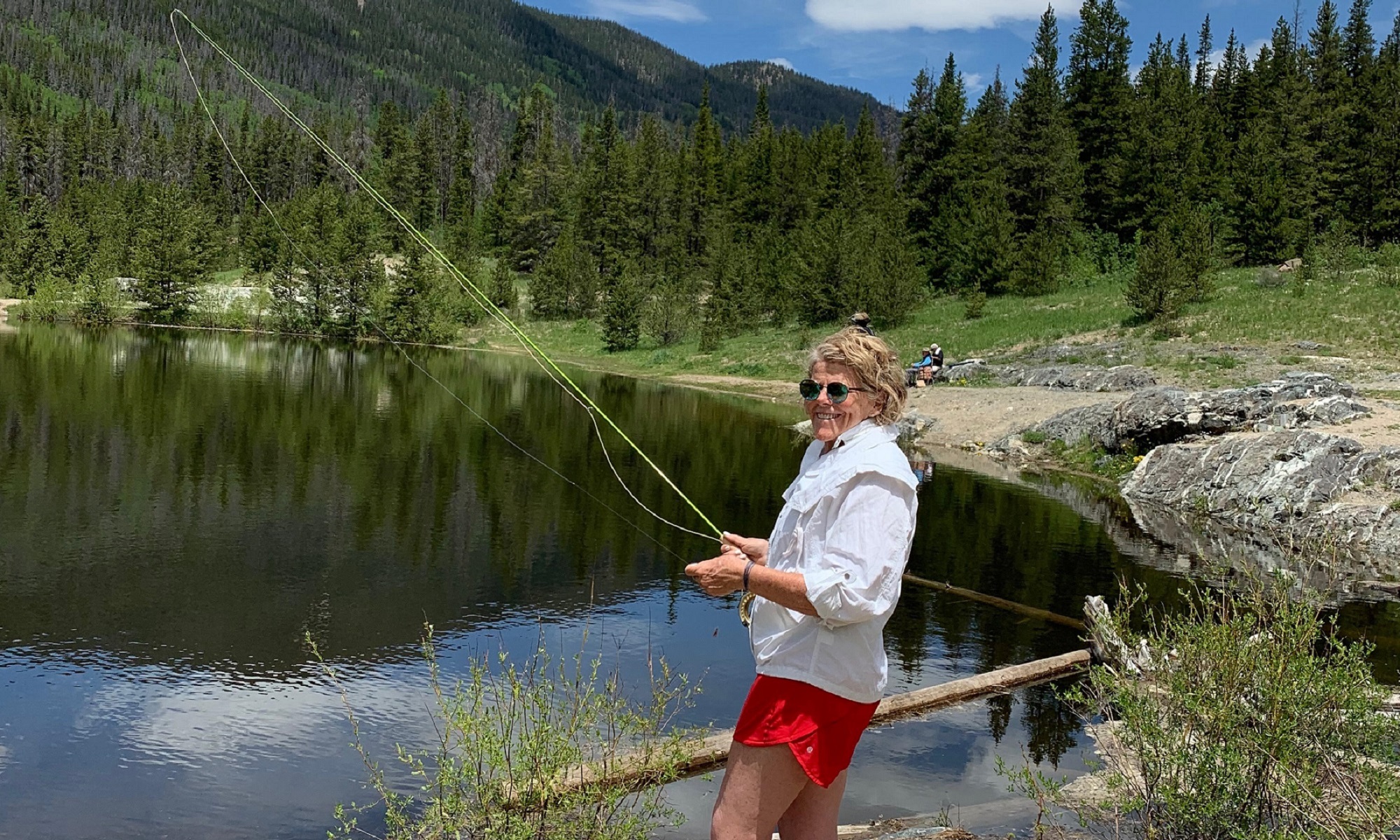I suggest that the single most important task of the second half of life is the recovery of personal authority, and mobilizing the courage and resources to live our truth in the world.
In What Matters Most: Living a More Considered Life, I suggest that the single most important task of the second half of life is the recovery of personal authority, namely, the discovery of what is true for us, really true, and mobilizing the courage and resources to live our truth in the world. Sounds simple, but it is the most difficult thing we will ever do. Yet how could we ever make sound choices about the course of our life, the values which matter to us, and what our life means to us without this personal authority?
This morning I spoke with a woman who has been stymied in her desire for further education by her fear of writing papers. She is bright, articulate, and passionate about her studies, and yet she has postponed them, and therefore her life development. Depth psychology has taught us that “it is not about what it is about.” Her dilemma is not about her writing papers. Rather the blocking energy derives from an old fear of criticism, the fear of losing the approval of others, and the cumulative shaming of her childhood efforts to express herself. It is easy for all of us outside her history to ask why does she allow her future to be determined by these spectral voices of her past?
The founder of analytic psychology, Carl Jung, observed that all our troubles stem from one place–the separation from our instincts. And yet our dependent, vulnerable existence as infants and children oblige that we meet the demands that the environment around us expects: “do this; don’t do that; it is ok to feel this, desire this; it is not ok; don’t ask, don’t expect; twist and torque yourself into a pretzel to get your needs met and stay out of harm’s way;” and so on. These thousand, thousand adaptations are necessary, but each potentially estranges us from our internal guidance systems which automatically know what is right, what is healthy, for us, and which ones not.
Years later, those necessary adaptations have grown familiar, reflexive, and directive in our lives. For example, we all have internalized adaptive behaviors so long that we reflexively find ourselves in subtle patterns of avoidance or compliance with what seems powerfully demanding in our lives. We learn to identify with emotional deficits and sabotage ourselves, or compulsively seek reassurance from others through solicitations of their approval. Over time these reflexive responses become who we seem to be, and create those self-sabotaging patterns. After all, we don’t rise in the morning and say to the mirror while we brush our teeth, “Today I will do the same stupid things I have been doing for decades.” But chances are today, and tomorrow, we will. Unwittingly, we thus become prisoners of our past. When we ponder these repetitions, we are not belaboring the past, or preoccupied with it–we are wisely tumbling to the fact that the unexamined past governs our present choices and submits us to the reductive, infantilizing experiences of the past.
The good news in all of this is that over time we begin to suffer the discrepancy between this false, adaptive self, and the natural energies within us which wish expression in the world. The ultimate question we have to ask ourselves is, “what wants to enter the world through me?” This is not a narcissistic question; it is a respectful, reverential invitation to reflect on the purpose of our journeys. And then we must ask, “what within me stands in the way of embodying that talent, that enthusiasm, that curiosity, that relational gift that I can bring to my family, my friends, my world, and to myself?” This is not an agenda for being famous, recognized by others, or even understood by others. It is rather a question of what I experience as truly meaningful in my life.
Ironically, we do not have far to look for clues as to what wants to enter the world through us. Our psyche, that autonomous source that grows our toenails, digests our food, and forms our thoughts and emotions, is forever seeking our conscious cooperation. What we call symptoms are autonomous commentaries offered up by the psyche on how it views our life, our choices, or our commitments. If what we are doing is in accord with our inner reality, then we will experience, even in the face of suffering and isolation, the support of the feeling function, the rise of energies to the task of life, and the inherent sense of satisfaction which comes from doing what is right for us.
We all know the feeling of doing what is wrong for us, and we frequently will ourselves to continue, even as the psyche throws up more and more protest. It is the tendency of our culture, perhaps of each of us, to say, “how quickly can I remove this symptom, this depression, this addiction, this anxiety disorder?” But would it not make a profound difference in our lives if we rather asked the question, “why has it come to me, and what does it want from me?” This sort of inquiry is humbling, but it is the beginning of wisdom, and the beginning of that dialogue with our own psyche (which is, after all, the Greek word for soul) that begins the recovery of our personal authority.
In the end, we need to feel that the life we lived was our life, not someone else’s, that it was chosen rather simply our following the instructions on the box, and that we stood in a respectful relationship to that which is larger than ordinary comforts and provided a deep sense of meaning, of satisfaction, and reciprocity. Then it may be said that we have really been here, living the life we were meant to live. The task, and the path we take in addressing it, will be different for each of us, but that is the gift we are asked to share, the gift of our separate selves.
Source: huffpost.com ~ By: Jungian Analyst ~ Image: Canva Pro

